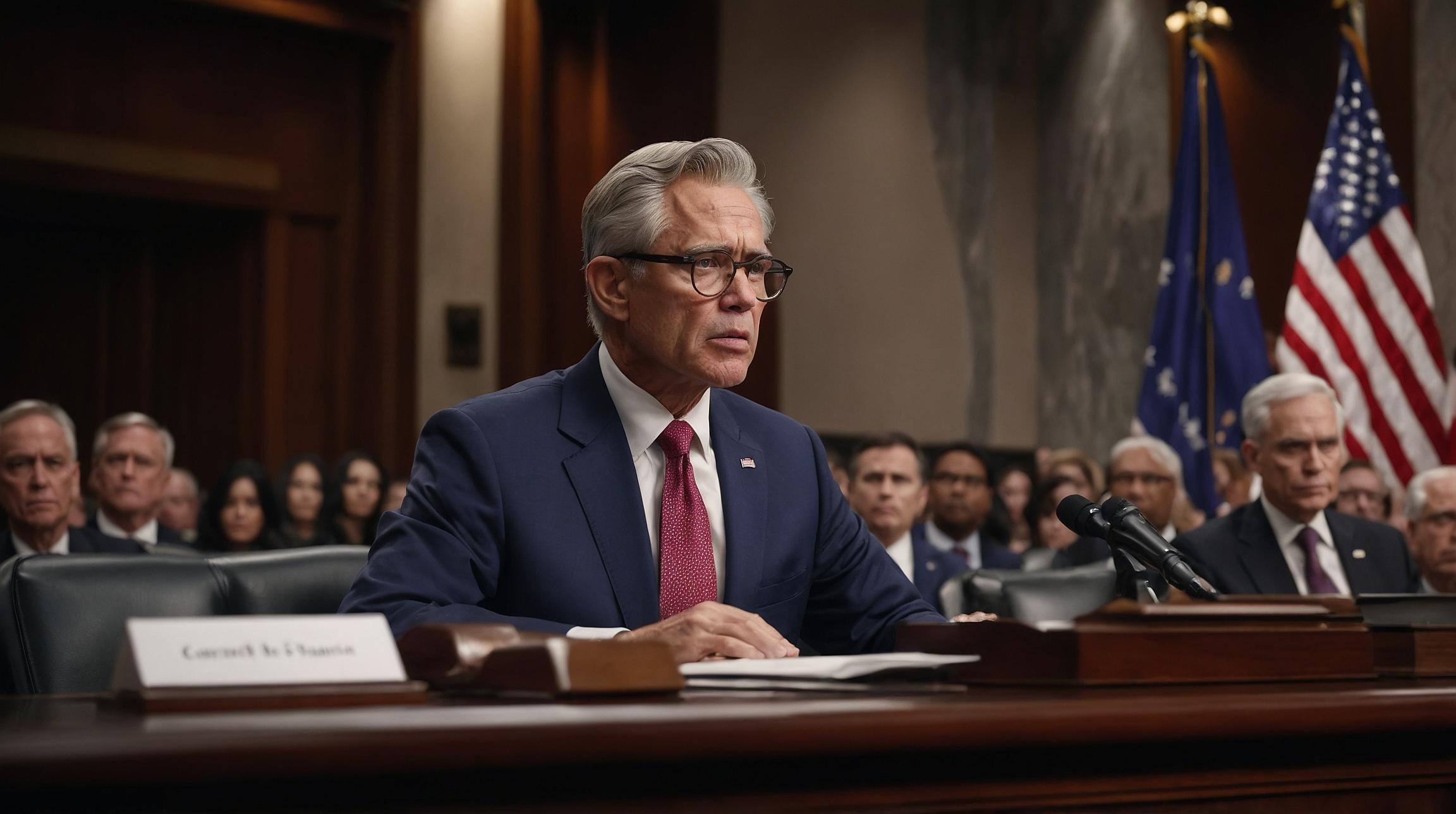U.S. Proposes Targeted Restrictions for AI and Tech Investments in China
The U.S. has introduced new rules to control investments in China’s tech sector.
WASHINGTON/NEW YORK — On Friday, the United States proposed new draft rules aimed at restricting or notifying certain U.S. investments in Chinese artificial intelligence (AI) and other technology sectors. These rules are designed to safeguard U.S. national security.
What Are the New Rules?
The U.S. Treasury Department has published these proposed rules, including several exceptions. President Joe Biden signed an executive order last August that led to these rules. According to this order, U.S. individuals and companies must now figure out which of their transactions will be restricted or banned. Public comments on the rules will be accepted until August 4, with an aim to implement the regulations by the end of the year.
Why Are These Rules Important?
Biden's order focuses on regulating U.S. investments in key areas like semiconductors, microelectronics, quantum computing, and artificial intelligence. The goal is to prevent U.S. technology and expertise from helping China develop advanced technologies that could pose a national security threat.
Paul Rosen, Treasury Assistant Secretary for Investment Security, stated: "This proposed rule advances our national security by preventing the many benefits certain U.S. investments provide—beyond just capital—from supporting the development of sensitive technologies in countries that may use them to threaten our national security."
Scope of the Proposed Rules
The rules form part of a "narrow and targeted national security program" focusing on specific outbound investments in countries of concern. Initially, the rules target China, Macau, Hong Kong, but they could be expanded later.
What Transactions Are Affected?
The new rules would ban certain types of AI transactions, especially those involving high levels of computing power. They also require notifications for transactions related to the development of AI systems or semiconductors. Other exceptions include:
- Publicly traded securities like index funds or mutual funds.
- Limited partnership investments.
- Buyouts of country of concern ownership.
- Transactions involving a U.S. parent company and its majority-controlled subsidiary.
- Binding commitments made before the executive order.
- Certain syndicated debt financings.
- Third-country transactions addressing or exempting national security concerns.
Impact on U.S. Companies
Former Treasury official Laura Black, now a lawyer at Akin Gump in Washington, noted that these rules would require businesses investing in China to exercise more vigilance. "U.S. investors will need to engage in more extensive due diligence when making investments in China or investments involving Chinese companies that operate in the covered sectors," she said.
The rules particularly focus on U.S. private equity and venture capital funds, as well as U.S. limited partners in foreign-managed funds and convertible debt. Chinese subsidiaries and parents will also be impacted, and certain investments by U.S. companies in third countries could be restricted.
Preventing Technological Advancements in China's Military
These regulations align with existing restrictions on exporting certain technologies to China, including advanced semiconductors. The objective is to prevent U.S. funds from assisting China in modernizing its military.
Violations of these rules could result in both criminal and civil penalties, and investments deemed unlawful could be reversed.
These measures underline the U.S. government’s commitment to protecting national security while regulating investments that could contribute to technological advancements in countries considered as potential threats.













